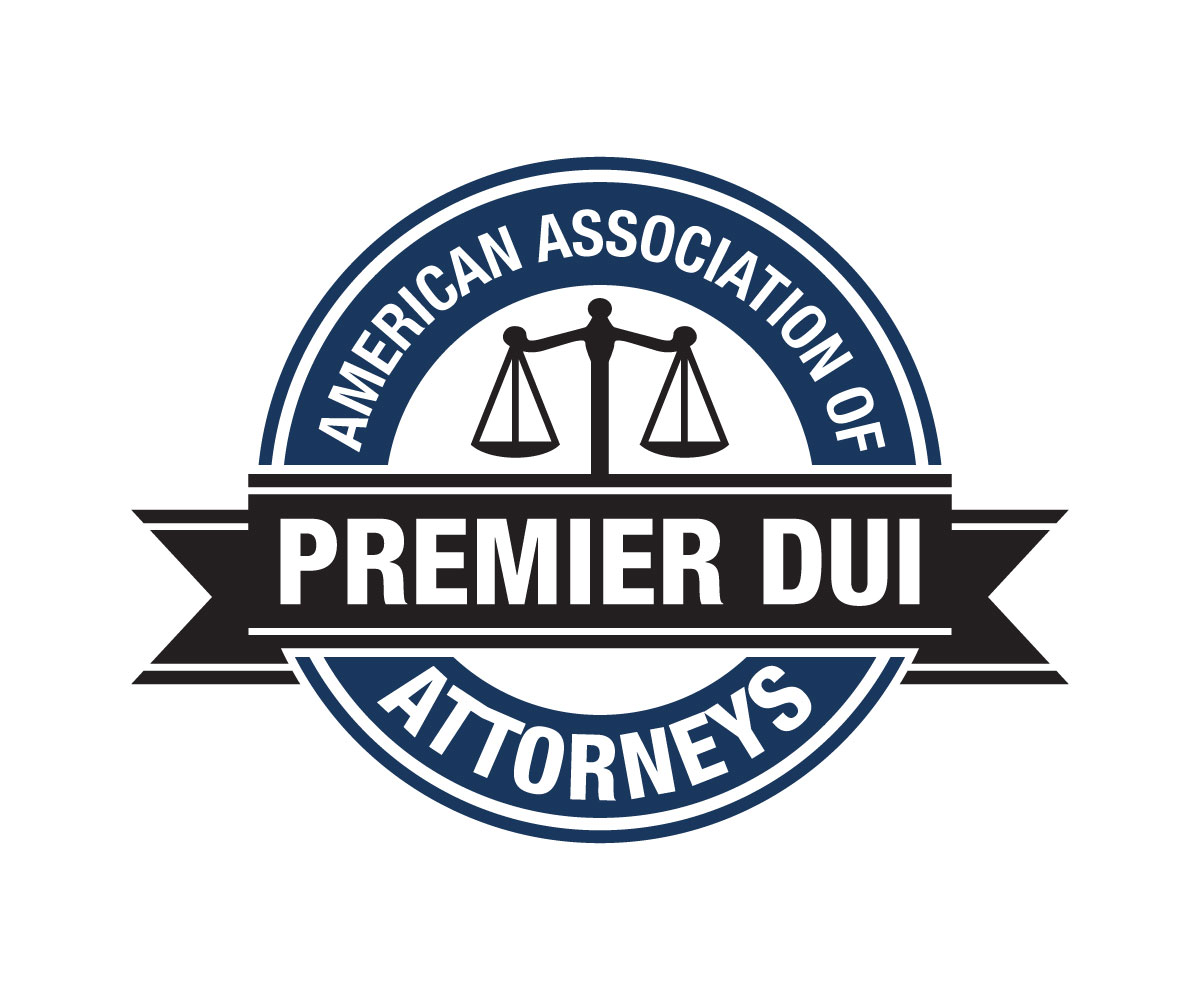If you are charged with a federal DUI, there are many things that you will have to take under consideration. While the majority of DUI charges are considered a local issue rather than a federal issue, it is still possible for DUI charges to fall under federal jurisdiction. The main consideration comes down to where the DUI occurred. I, Zachary C. Holbrook, am experienced in a variety of DUI charges, including felony DUI charges, commercial DUI charges, and many additional areas. Here are a few of the things that you need to know about federal DUI charges and how a federal charge may impact your specific situation.
Most DUI Charges
The majority of DUI charges occur within the jurisdiction of local courts, which makes it a state concern. These DUI charges will go through a local court and the outcome will be impacted significantly by the state and the applicable laws within the state. However, when the DUI happens on federal property, it will likely become a federal DUI charge. It is important to be aware when you are on federal property that any DUI charges you may incur will likely be a federal concern. A federal DUI charge will follow different processes than other DUI types.
Federal DUI Charges
Federal DUI charges occur when you are arrested for a DUI on federal property. Federal property is generally considered property that is owned by the federal government. Various federal properties include federal courthouses, national parks, some airports, military bases, post offices, government compounds, parking lots that are located on federal land, and national monuments. This is not necessarily an all-encompassing list, so it is important to pay attention when you are on federal land. Any DUI that occurs on these properties will likely fall under the jurisdiction of the federal government and will become a federal DUI charge.
Federal Laws
State DUI laws tend to vary, especially when it comes to the legal limit or what the state constitutes as a DUI. However, it is important to keep in mind that if the state laws are more stringent than the federal laws, it is likely that the state laws will be used, even if the DUI is a federal DUI charge. For example, if the state laws legal limit for BAC is .05%, a federal charge may be incurred if the driver has a BAC of .05% rather than .08%. In general, federal laws prohibit operating a motor vehicle with a blood alcohol content of .08% or higher. Federal laws also maintain a “zero tolerance” policy. This policy states that anyone under the age of 21 is prohibited from having a BAC of .001% or higher. Underage drivers that are operating a motor vehicle with any amount of alcohol in their system will be charged with a DUI.
Consequences of Federal DUI Charges
Along with the variations between state DUI laws, there are also variations between each state’s related consequences for DUI charges. Federal consequences are essentially the same across the board, since federal DUI charges are the same for each state. In general, a federal DUI charge may result in fines of up to $5,000, incarceration in a federal prison for up to 6 months, and probation up to 5 years. The consequences of federal DUI charges may be more severe in certain circumstances. For example, if the blood alcohol content was substantially over the legal limit, the consequences may be more severe. The charges will also be more severe if there was a passenger that was under the age of 14 in the vehicle or if the driver of the vehicle has had prior DUI convictions. In most states, these more severe consequences will occur in these situations.
Military Consequences
Military consequences may be slightly different from the general federal consequences. These consequences tend to occur to military employees that sustain a DUI charge while off duty or while on the military base. These military consequences are certainly different from general consequences. The consequences may include a reduction in grade or rank, a letter of reprimand, revocation of various pass privileges, referral to a substance abuse treatment program, corrective training, extra duty requirements, forfeiture of pay, dismissal from the military, court martial, or bar to reenlistment. Understanding various military consequences will help to determine the outcome of a federal DUI charge. Keep in mind that the factors of the charge will likely impact the severity of the consequences.
Refusing a Chemical Test
When you drive on federal lands or property, you are automatically included under the implied consent law. This means that if you are arrested or under suspicion of DUI, you are required to submit to a blood, urine, or breath test to determine your blood alcohol content. If you refuse to submit to one of these tests after you have been lawfully arrested for a DUI, it is considered a misdemeanor under federal law. This can result in up to 6 months of incarceration in a federal prison, along with a relatively steep fine. You may also be prohibited from visiting the federal land for up to 1 year, depending on the specific circumstance. While state laws vary regarding chemical tests, being on federal land means that you are automatically included under implied consent.
The major difference between a federal DUI and a DUI that is tried in a local court is the court system in which the DUI charge will be processed. It is important to understand the consequences that may come alongside any DUI charge. If you have experienced a DUI charge, it is critical to hire me as your DUI attorney. I am experienced in many different DUI types, which can help to ensure superior protection for you throughout your process. My legal expertise can go a long way toward improving the final outcome of your DUI charge. To learn more about getting through your DUI case or to obtain superior legal services, contact me today!






Leave a Reply